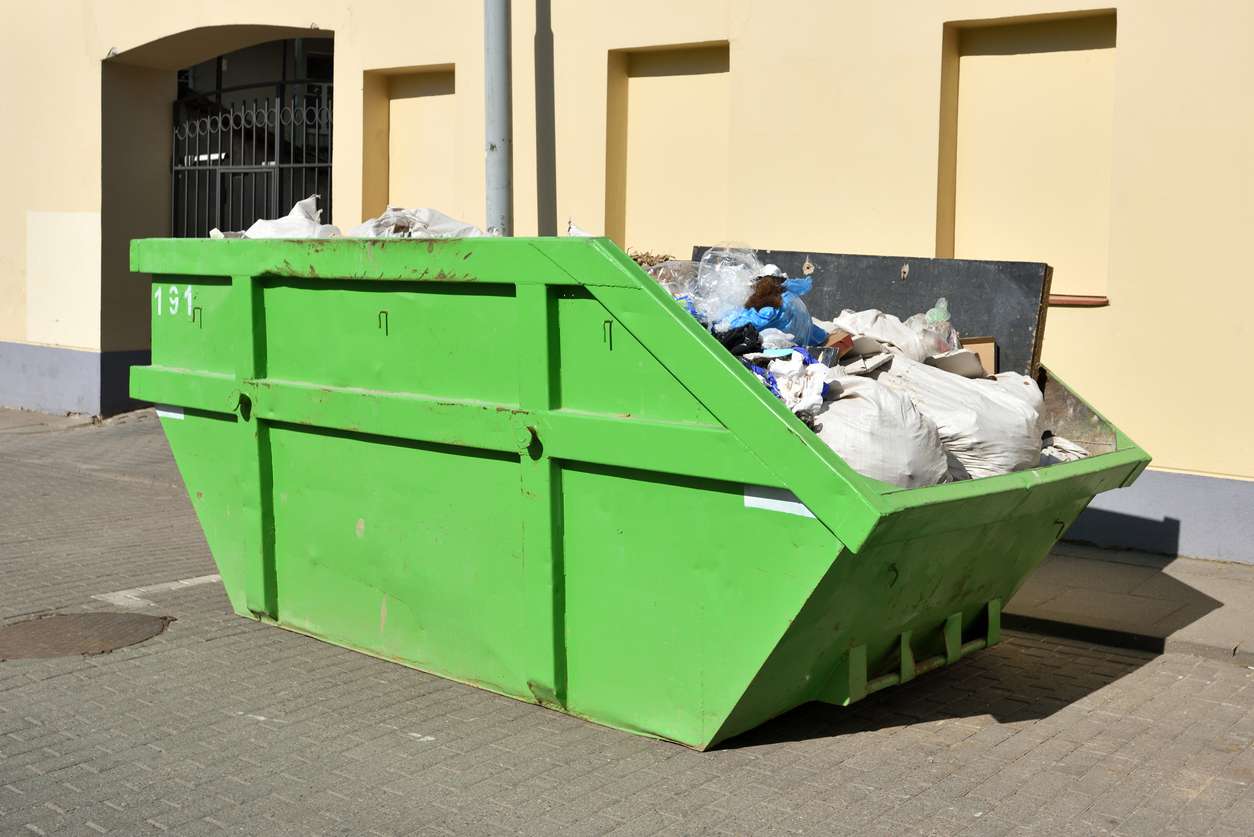The Ultimate Guide to Dumpster Rental
Dumpster rental services are essential for various projects, from home renovations to large construction sites. This comprehensive guide provides everything you need to know about dumpster rental, including the benefits, types of dumpsters, how to choose the right size, cost factors, and tips for a smooth rental experience. Whether you're a homeowner, contractor, or business owner, understanding the ins and outs of dumpster rental can save you time, money, and hassle.

What are the benefits of dumpster rental services?
Dumpster rental services offer numerous advantages for both residential and commercial projects. Firstly, they provide a convenient and efficient way to manage large amounts of waste, eliminating the need for multiple trips to the landfill. This saves time and reduces fuel costs associated with waste disposal. Additionally, renting a dumpster ensures proper waste containment, preventing potential injuries and keeping your work area clean and safe. Many dumpster rental companies also offer flexible rental periods, allowing you to keep the container for as long as needed. Furthermore, professional dumpster services often handle the disposal process, ensuring compliance with local regulations and promoting environmentally responsible waste management.
What types of dumpsters are available for different projects?
Dumpster rental companies offer a variety of container types to suit different project needs. Roll-off dumpsters are the most common, featuring an open-top design and wheels for easy placement and removal. These are ideal for construction debris, home renovations, and large cleanouts. For smaller projects, such as garage cleanups or minor home improvements, mini dumpsters or “dumpster bags” provide a more compact solution. Some companies also offer specialized containers for specific materials, such as concrete-only dumpsters for demolition projects or green waste dumpsters for landscaping jobs. Commercial properties might benefit from front-load dumpsters, which are designed for regular waste collection and can be emptied on-site.
How do you choose the right dumpster size for your project?
Selecting the appropriate dumpster size is crucial for cost-effectiveness and efficiency. Most rental companies offer sizes ranging from 10 to 40 cubic yards. A 10-yard dumpster is suitable for small home cleanouts or minor renovation projects, while a 20-yard container is ideal for medium-sized jobs like flooring removal or deck demolition. For large-scale construction or major home remodels, 30 or 40-yard dumpsters are typically recommended. To determine the right size, estimate the volume of waste you’ll generate and consider any bulky items. It’s generally better to choose a slightly larger size than risk overfilling a smaller container, which can result in additional fees or the need for a second rental.
What factors influence the prices of dumpster rental?
The cost of renting a dumpster can vary significantly based on several factors. The size of the container is a primary determinant, with larger dumpsters generally costing more. Rental duration also affects pricing, with longer periods increasing the overall cost. The type of waste being disposed of can impact fees, as some materials require special handling or incur additional disposal charges. Location plays a role, with prices varying by region and distance from the rental company’s facility. Seasonal demand can also influence rates, with peak construction periods potentially leading to higher prices.
| Dumpster Size | Average Cost (1-week rental) | Suitable For |
|---|---|---|
| 10 Yard | £200 - £300 | Small home projects |
| 20 Yard | £250 - £350 | Medium renovations |
| 30 Yard | £300 - £400 | Large construction |
| 40 Yard | £350 - £450 | Major demolitions |
Prices, rates, or cost estimates mentioned in this article are based on the latest available information but may change over time. Independent research is advised before making financial decisions.
What unique considerations apply to dumpster rental in the UK?
In the United Kingdom, dumpster rental (often referred to as “skip hire”) comes with some specific considerations. The UK has strict regulations regarding waste disposal and recycling, which rental companies must adhere to. Many local councils require permits for placing skips on public roads, which may incur additional fees. It’s also worth noting that the UK uses a different system of measurement for skip sizes, typically ranging from 2 to 16 cubic yards (or “mini” to “maxi” skips). When renting a skip in the UK, be aware of restrictions on certain types of waste, such as asbestos or electrical items, which may require special disposal methods.
What tips ensure a smooth dumpster rental experience?
To ensure a hassle-free dumpster rental experience, start by accurately assessing your project’s needs and choosing the right size container. Prepare a suitable location for the dumpster, ensuring easy access for delivery and pickup. Be aware of any required permits, especially if placing the dumpster on a public street. Familiarize yourself with the rental company’s policies on prohibited items and weight limits to avoid additional charges. Load the dumpster efficiently, placing heavier items at the bottom and distributing weight evenly. Keep the area around the dumpster clear for safe removal, and communicate promptly with the rental company if you need to extend the rental period or have any concerns.
In conclusion, dumpster rental is a valuable service for managing waste in various projects. By understanding the types of dumpsters available, how to choose the right size, cost factors, and best practices for use, you can streamline your waste management process and ensure a successful project outcome. Whether you’re tackling a home renovation, managing a construction site, or conducting a large-scale cleanout, proper dumpster rental can make your job significantly easier and more efficient.




